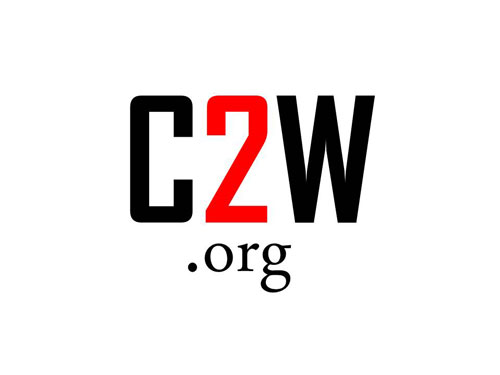Job Description
Job Summary: As an IoT, Bluetooth, and Medical Devices Integration Developer, you will play a crucial role in designing, developing, and maintaining solutions that integrate IoT devices, Bluetooth technology, and medical devices for use in the healthcare industry. Your work will contribute to the creation of innovative, data-driven healthcare applications and systems that improve patient care and outcomes.
Responsibilities:
- IoT Device Integration:
- Design, develop, and implement solutions for integrating a variety of IoT devices, such as wearable sensors, remote monitoring devices, and environmental sensors.
- Ensure data from IoT devices is securely and reliably transmitted and processed for real-time monitoring and analysis.
- Bluetooth Technology Integration:
- Develop Bluetooth-enabled applications and systems that can communicate with medical devices and IoT sensors.
- Implement Bluetooth Low Energy (BLE) and Classic Bluetooth connectivity for seamless device pairing and data exchange.
- Medical Device Integration:
- Work with various medical devices, including portable Bluetooth devices, patient monitors, infusion pumps, and diagnostic equipment.
- Develop drivers and software interfaces to integrate medical devices with software applications.
- Data Security and Compliance:
- Ensure data security and compliance with healthcare regulations (e.g., HIPAA) throughout the integration process.
- Implement encryption and authentication measures to protect patient data.
- API Development:
- Create APIs and middleware for seamless communication between medical devices, IoT sensors, and healthcare software systems.
- Develop RESTful APIs to facilitate data exchange between different components of the ecosystem.
- System Testing and Validation:
- Conduct rigorous testing to ensure the reliability and accuracy of integrated systems.
- Collaborate with quality assurance teams to verify system functionality and compliance with industry standards.
- Documentation:
- Maintain comprehensive documentation of integration processes, code, and system architecture.
- Create user manuals and guides for healthcare professionals and end-users.
- Collaboration:
- Collaborate with cross-functional teams, including software engineers, hardware engineers, healthcare professionals, and product managers to ensure successful integration.
- Stay Informed:
- Keep up to date with emerging technologies and industry trends related to IoT, Bluetooth, and medical devices.
- Apply knowledge to improve and enhance integration solutions.
Qualifications:
- Bachelor’s or Master’s degree in Electronics engineering, or a related field.
- Proficiency in programming languages like C/C++, Python, and Java.
- Experience with IoT protocols and platforms, such as MQTT, CoAP, or IoT platforms like AWS IoT or Azure IoT.
- Knowledge of Bluetooth standards, including BLE and Classic Bluetooth.
- Understanding of medical device communication protocols (e.g., DICOM, HL7).
- Strong problem-solving skills and the ability to work in a fast-paced, collaborative environment.
- Familiarity with healthcare compliance and security standards (e.g., HIPAA, HITECH).
- Excellent communication skills and the ability to explain technical concepts to non-technical stakeholders.
- Experience with version control systems (e.g., Git) and project management tools.
- Relevant certifications in IoT, Bluetooth, or medical device integration may be advantageous.
Conclusion: An IoT, Bluetooth, and Medical Devices Integration Developer plays a pivotal role in bridging the gap between healthcare technology and patient care. This position requires a combination of technical expertise, software development skills, and a deep understanding of healthcare regulations and data security. Successful integration of IoT, Bluetooth, and medical devices can lead to more efficient and effective healthcare delivery and improved patient outcomes.
